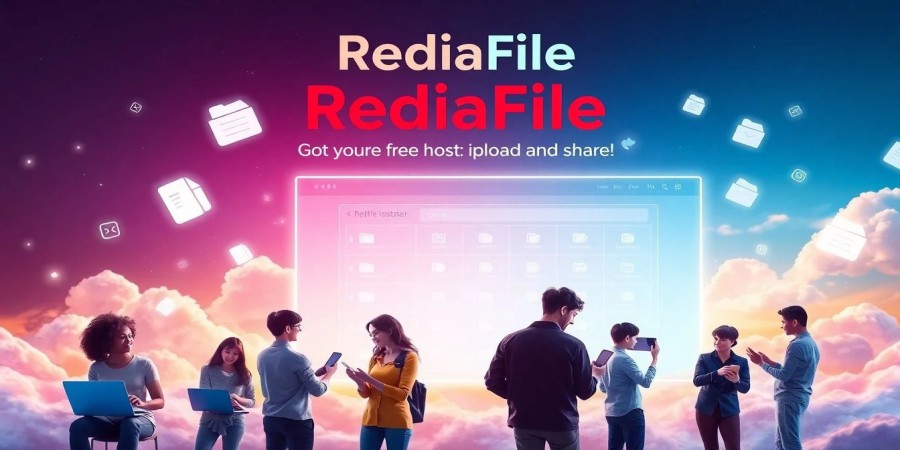

A Deep Dive into File Sharing Technologies
Direct download links have become an indispensable part of the digital landscape, enabling users to access files quickly and efficiently. Rediafile.com, like many other file-sharing platforms, facilitates this process. This article delves into the technology behind direct download links, exploring how they work, their advantages and disadvantages, and the role platforms like Rediafile.com play in this ecosystem.
Understanding Direct Download Links
Direct download links are URLs that point directly to the file's location on a server. Unlike links that first redirect to a web page where the download initiates, a direct download link bypasses intermediaries, leading to faster download speeds. This is achieved through a variety of technologies, primarily relying on HTTP (Hypertext Transfer Protocol) and its associated protocols like HTTPS (Hypertext Transfer Protocol Secure). The crucial difference lies in the server's immediate response to the request – a direct download link instructs the server to send the file directly to the user's device.
How Direct Download Links Function
The process begins with a user clicking on a direct download link. Their web browser, or a dedicated download manager, sends a request to the server hosting the file. The server, upon receiving the request, verifies the user's access rights (if any) and then begins transmitting the file in pre-determined chunks. This process is often optimized for efficiency, using techniques like chunking and compression. The user's device receives these chunks and assembles them into the complete file.
The Role of File-Sharing Platforms Like Rediafile.com
Platforms like Rediafile.com act as intermediaries in this process. They provide storage space for files and facilitate the creation and distribution of direct download links. Users upload their files to the platform, and the platform generates a direct download link for each file. This link contains information about the file's location on the platform's servers. Rediafile.com, or similar services, often employ security measures, such as encryption, to protect the files and user data. They also manage user accounts and file permissions.
Advantages of Direct Download Links
* **Speed and Efficiency:** Direct download links generally offer faster download speeds compared to methods that involve redirects or intermediate pages. This is because the request goes directly to the file, avoiding unnecessary steps.
* **User Convenience:** Users can access their files quickly and easily without navigating through complex interfaces.
* **Security (Potential):** While not inherently more secure, direct download links can be used with secure protocols like HTTPS, enhancing security.
* **Accessibility:** Direct links can be easily shared and embedded in various platforms, increasing accessibility for users.
**Disadvantages of Direct Download Links**
* **Security Concerns:** If the server or the link is compromised, the file can be accessed without authorization. This vulnerability requires robust security measures on the platform's end.
* **Potential for Malware:** Files downloaded via direct links could potentially contain malware, making it crucial for users to exercise caution.
* **File Integrity Issues:** There's no built-in verification mechanism to ensure the file's integrity during the download process. Users should always verify the file's integrity after downloading.
* **Intellectual Property Concerns:** Direct download links can be used to distribute copyrighted material without proper authorization.
Rediafile.com Specific Considerations
Rediafile.com, like other similar services, typically includes features like file management, user profiles, and various download options. Users can manage their uploaded files, set download limits, and control access permissions. Understanding the specific functionalities and security measures offered by Rediafile.com is crucial for users to leverage the platform effectively and securely.
Real-World Examples and Case Studies
Direct download links are frequently used in software distribution, online file sharing, and academic research. For instance, open-source projects often distribute their code via direct download links, facilitating seamless access for developers. Similarly, educational institutions might use platforms like Rediafile.com to share large datasets for research purposes.
Comparison with Other File Sharing Methods
Other file sharing methods, such as cloud storage services or peer-to-peer networks, have their own advantages and disadvantages. Direct download links offer a streamlined approach for accessing individual files, while cloud storage provides centralized management and sharing capabilities. Choosing the right method depends on the specific needs and context.
Conclusion
Direct download links, facilitated by platforms like Rediafile.com, offer a powerful and efficient way to share files. Understanding the technology behind these links, their advantages and disadvantages, and the role of intermediary platforms is crucial for users. While direct links are generally faster and more convenient, users must always prioritize security and verify the integrity of downloaded files. The appropriate use of direct download links and responsible file management contribute to a safer and more efficient online experience.
Popular articles
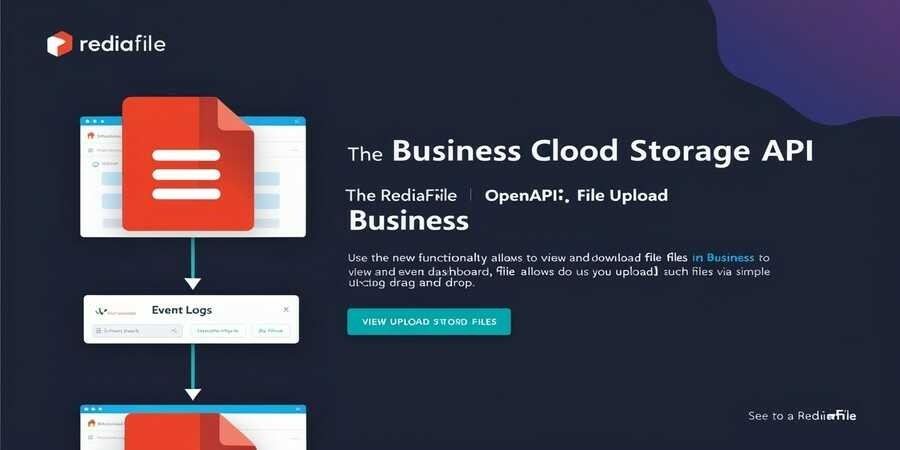
Dec 02, 2024 12:41 PM
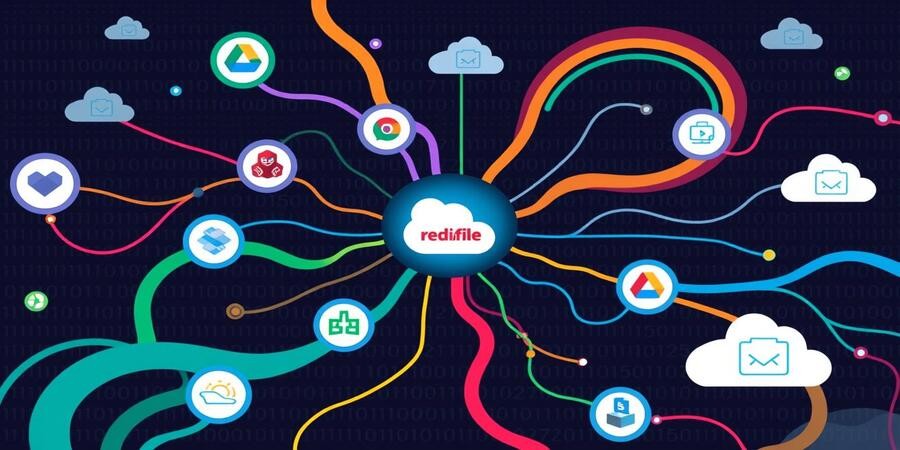
Dec 27, 2024 04:42 PM
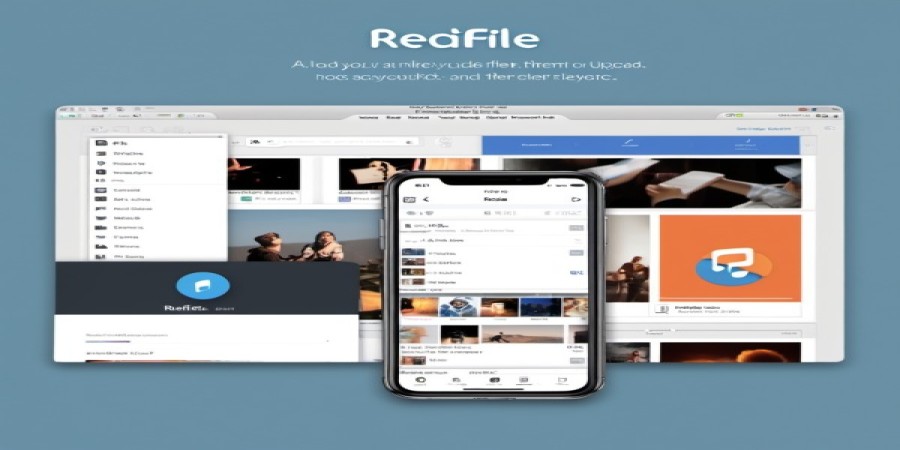
Nov 25, 2024 08:02 PM
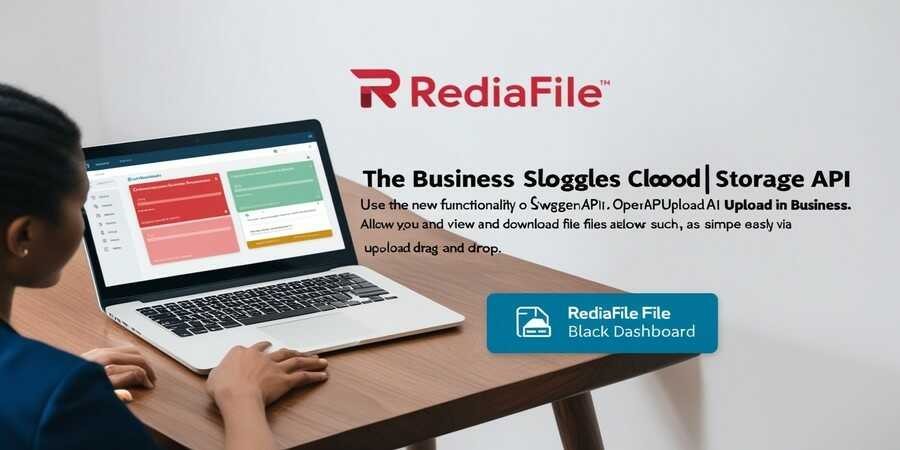
Dec 03, 2024 11:08 AM

Nov 25, 2024 08:21 PM
Categories
Comments (0)